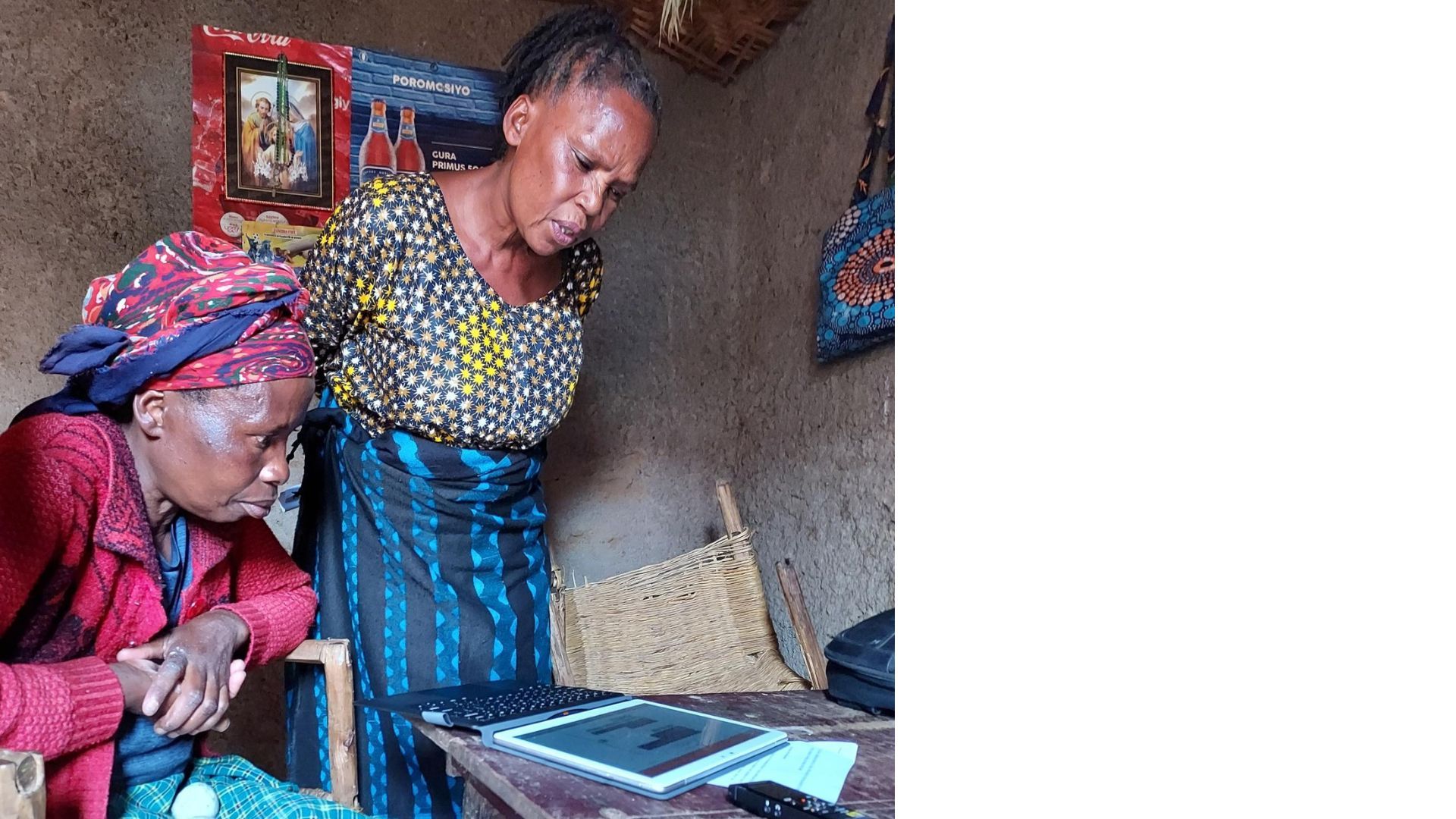The Global Digital Rehabilitation Summit 2024, held on November 7, brought together researchers, technology pioneers, rehabilitation and healthcare professionals, and service users. This hybrid event was hosted across three locations—Rehalab at JAMK University of Applied Sciences, Jyväskylä, Finland; the Digital Rehabilitation Hub, Kigali, Rwanda; and Universitas Aisyiyah Yogyakarta, Indonesia. A significant number of participants from around the world joined the event virtually, reflecting its global reach. With 1,014 registrations and hundreds actively engaged in different sessions, the summit demonstrated widespread interest and engagement from the international community. It also marked a significant step towards fostering innovation and opportunities through evidence-based digital-first rehabilitation practices tailored to diverse service and cultural contexts. It served as a vibrant platform for exchanging ideas, presenting cutting-edge research, and envisioning the future of digital rehabilitation.
article
The first Global Digital Rehabilitation Summit sparks worldwide interest

Opening speeches: Paving the way for transformation
The summit commenced with inspiring speeches from three distinguished leaders:
Mr. Kari-Pekka Murtonen, Chief Specialist and Head of Global Action at JAMK University of Applied Sciences, highlighted that professionals should stop defining their client's needs and wants and instead focus on improving people's functioning, supporting their full inclusion, and empowering users to address their own needs. He further noted that this global gathering reflects the growing recognition of digital rehabilitation as a solution to global rehabilitation challenges. He also noted in his speech that there was strong resistance to AI's potential five years ago, but attitudes have changed significantly over time.
Dr. François Uwinkindi, Division Manager of Non-Communicable Diseases, Rwanda Biomedical Centre, Ministry of Health, highlighted that Rwanda has made significant progress in leveraging technology to improve healthcare, particularly in rehabilitation services. He noted that this initiative, in collaboration with Jamk University of Applied Sciences, currently serves about 5,000 individuals across three districts. The goal is to expand this innovative approach to reach underserved areas.
Dr. Päivi Sillanaukee, Special Envoy for Health and Well-being, Ministry for Social Affairs and Health of Finland, shared Finland leading role in integrating digital technologies into its service system. She also emphasized the client-centered approach in Finnish rehabilitation and other social and health services. She concluded by highlighting the importance of advancing stronger public-private partnerships to foster innovation.
The keynote sessions illuminated diverse perspectives and challenges in digital rehabilitation
Dr. Antony Duttine, Technical lead (rehabilitation) of the World Health Organization (WHO), Dr. Duttine emphasized the importance of digital rehabilitation services in improving global access to rehabilitation by addressing challenges such as awareness, coverage, integration, and information dissemination. He pointed out that the number of individuals in need of rehabilitation has risen to 2.6 billion, yet there is inadequate public and healthcare awareness about its benefits. He stated that digital rehabilitation has the potential to help identify those in need and improve access to these services. He also highlighted the potential of digital rehabilitation to improve coverage, particularly at the primary care level, where access to services is often more convenient for many individuals. Furthermore, he noted the possibility of integrating digital rehabilitation into various health initiatives. In conclusion, he discussed how digital rehabilitation can serve as a valuable source of information, providing data related to rehabilitation services and leading to a better understanding of access issues associated with rehabilitation.
Dr. Michel Landry, Professor at Western Norway University of Applied Sciences and president of World Physiotherapy, warned against the "sunk cost fallacy" in healthcare, urging institutions to embrace innovative technologies and AI rather than clinging to outdated practices. He illustrated his speech by discussing the NHS's first pilot AI clinic initiative. Users reported that their experiences with the AI were comparable to those with a human physiotherapist. Additionally, 57% of users expressed that they found the AI experience to be better.
Dr. Katariina Korniloff, Principal Researcher at the Institute of Rehabilitation at JAMK University of Applied Sciences, pointed out that the challenge of access to rehabilitation services in low- and middle-income countries is becoming increasingly critical. She illustrated that In Rwanda, with a population of 14 million, there are only a few hundred rehabilitation professionals, creating an urgent need for alternative solutions. To that end, she mentioned the promising potential of digital rehabilitation to enhance accessibility. She shared that Jamk has developed digital rehabilitation solutions based on research-based evidence and tested them in Rwanda, Kenya, and Indonesia. By the end of 2023, 70 community health workers in Rwanda used digital tools to help around 4,000 individuals, with 90% reporting improvements in their conditions and no further referrals needed.
Moreover, the summit featured 12 presentations focusing on research, implementation cases, and projects related to digital rehabilitation,divided into two parallel sessions. The summit also hosted an event focusing on exploring cutting-edge digital rehabilitation solutions. In-person and online participants had the opportunity to explore some digital innovations that can be used in rehabilitation, showcased live from Rehalab in Jyväskylä, Finland, and the Digital Rehabilitation Hub in Kigali, Rwanda. This was followed by an interactive workshop, including “Human-Centered Innovation and Beyond,” which validated the digital-first rehabilitation model, offering insights into current practices and exploring future possibilities.
Conclusion: A call to action
The Global Digital Rehabilitation Summit 2024 was not just an event but a call to action—a transformative movement striving for a future where rehabilitation is a fundamental right, not a privilege. As digital technologies continue to advance, they offer the unprecedented potential to bridge the gap in access, ensuring that rehabilitation services reach everyone, especially in low- and middle-income countries where the shortage of professionals has left countless needs unmet.
Without embracing innovative technologies, the vision of universal health coverage, including equitable rehabilitation access, will remain out of reach. It’s time to act, leverage digital solutions and opportunities AI offers as a catalyst for change, and create a world where no one is left behind. The summit underscored this urgency, inspiring a global commitment to make rehabilitation accessible, effective, and truly human-centered.


